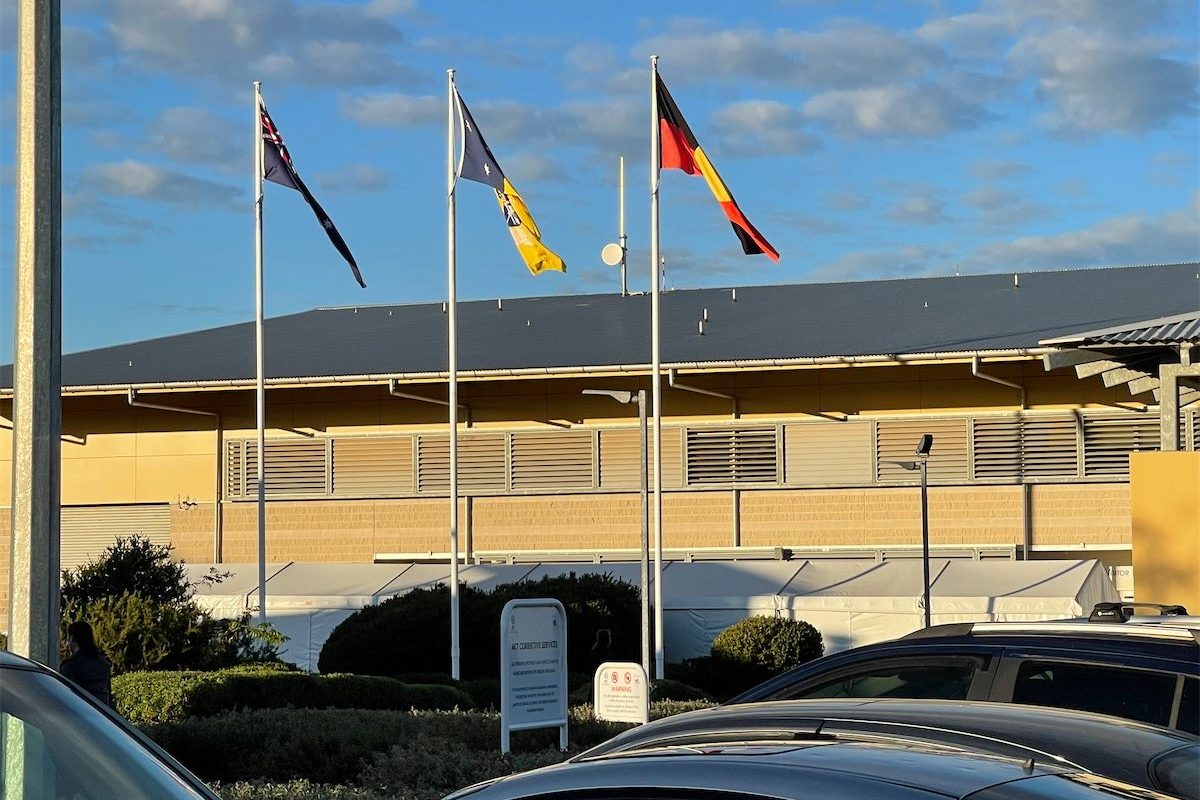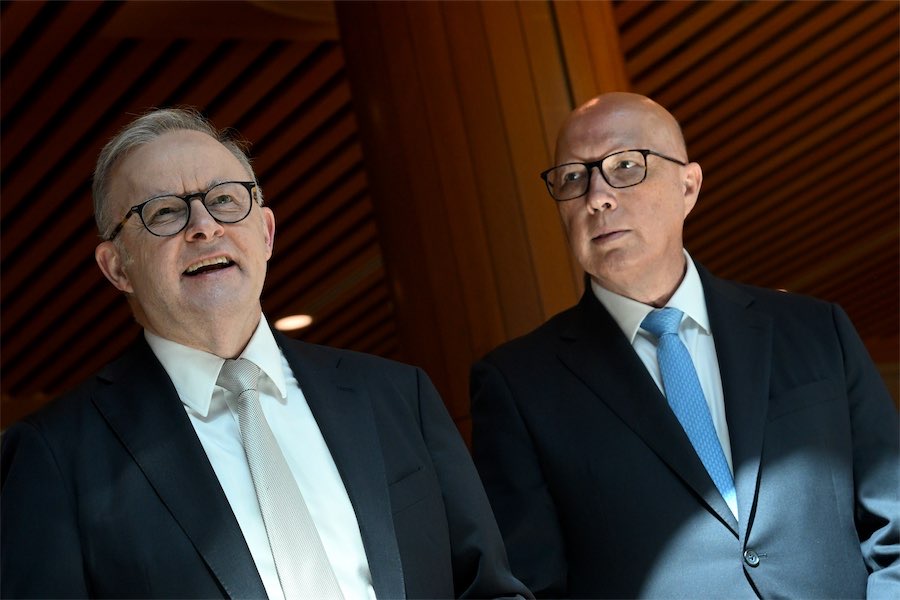JIM Wallace’s rash comments about homosexuality misfired at an opportune time when the ACT and Tasmanian Governments are working in a co-ordinated way to achieve recognition for gay people who wish to be married.
Although not a major issue for the upcoming election, the effort of the ACT Labor Party and the Greens on this issue does illustrate their determined focus on human rights.
In a desperate thrust against the growing support for recognition of gay marriage, Wallace, managing director of the Australian Christian Lobby, compared the risks of being gay to the risks of smoking. Referring to homosexuality, he said: “If we warn against smoking because it carries health dangers, we should also be warning young people in particular about activity which clearly carries health risks.”
This is not the first misguided foray of this type attributable to Wallace. On Anzac Day last year, the former Australian Special Air Service brigadier (1988-1990) sent out a tweet stating: “Just hope that as we remember servicemen and women today we remember the Australia they fought for – wasn’t gay marriage and Islamic”. He did issue an “unreserved apology” for the comments. However, his misunderstanding of the fundamentals of democracy was clear for all to see.
The greatest challenge for democracies is not so much in how well they look after the majority, but in how well they are able to protect the rights and recognise the aspirations of individuals and small minorities.
The vast majority of heterosexual couples are not particularly concerned about the issue of gay marriage. However, most of us have a deeper understanding of the principles. There is always the possibility that we might be part of a small interest group that seeks recognition of our own rights that, for a time, may be out of kilter with the majority. Ironically, such protection of civil liberty in the past has often been about the right to freely practice religion.
In his role as commander of the SAS, Wallace was committed to the motto “who dares wins”. The motto may well be appropriate for the SAS, but by now he should be realising it carries very high risks in the advocacy field. His attempt to compare the health risks of tobacco to homosexuality was amateurish and laughable.
The president of the Australian Medical Association, Dr Steve Hambleton’s response was most effective: ”Cigarettes, when used as the manufacturer intended, will kill you”. According to the Australian Preventative Health Taskforce Report, smoking accounts for more than seven per cent of the burden of disease in Australia. Other factors identified by the taskforce include blood pressure, overweight and obesity, physical inactivity, blood cholesterol, alcohol and, finally, low fruit and vegetables. Homosexuality was not included as a “modifiable health risk”.
How many things do we do in our lives that are without risk? Any marriage, gay or otherwise, is not without risk. Some marriages thrust one of the partners into financial ruin or result in emotional or physical violence and more than half of marriages end in divorce. However, we persist in marriage because the benefits of a close and loving relationship so far outweigh many of the alternatives.
One of Australia’s most prominent gay activists, former High Court judge, Michael Kirby, writing in his autobiography “A Private Life”, shares the love that he has maintained with his partner, Johan van Vloten, since 1969. Anyone reading the book and understanding the difficulties faced by two men in such a long-term, loving relationship would have to ask themselves why would this “boring suburban couple” (in Kirby’s words) not be entitled to the same respect, recognition and opportunities as other loving couples.
Kirby provides an insight into the impact of opposition to gay marriage: “During the years when we were obliged to deny our reality in public, in a funny way, this threw us into a special closeness, simply because we knew that society expected us to deny our truth. We would not wish that on young gay people today.”
Michael Moore was an independent member of the ACT Legislative Assembly (1989 to 2001) and was minister for health.
Who can be trusted?
In a world of spin and confusion, there’s never been a more important time to support independent journalism in Canberra.
If you trust our work online and want to enforce the power of independent voices, I invite you to make a small contribution.
Every dollar of support is invested back into our journalism to help keep citynews.com.au strong and free.
Thank you,
Ian Meikle, editor





Leave a Reply